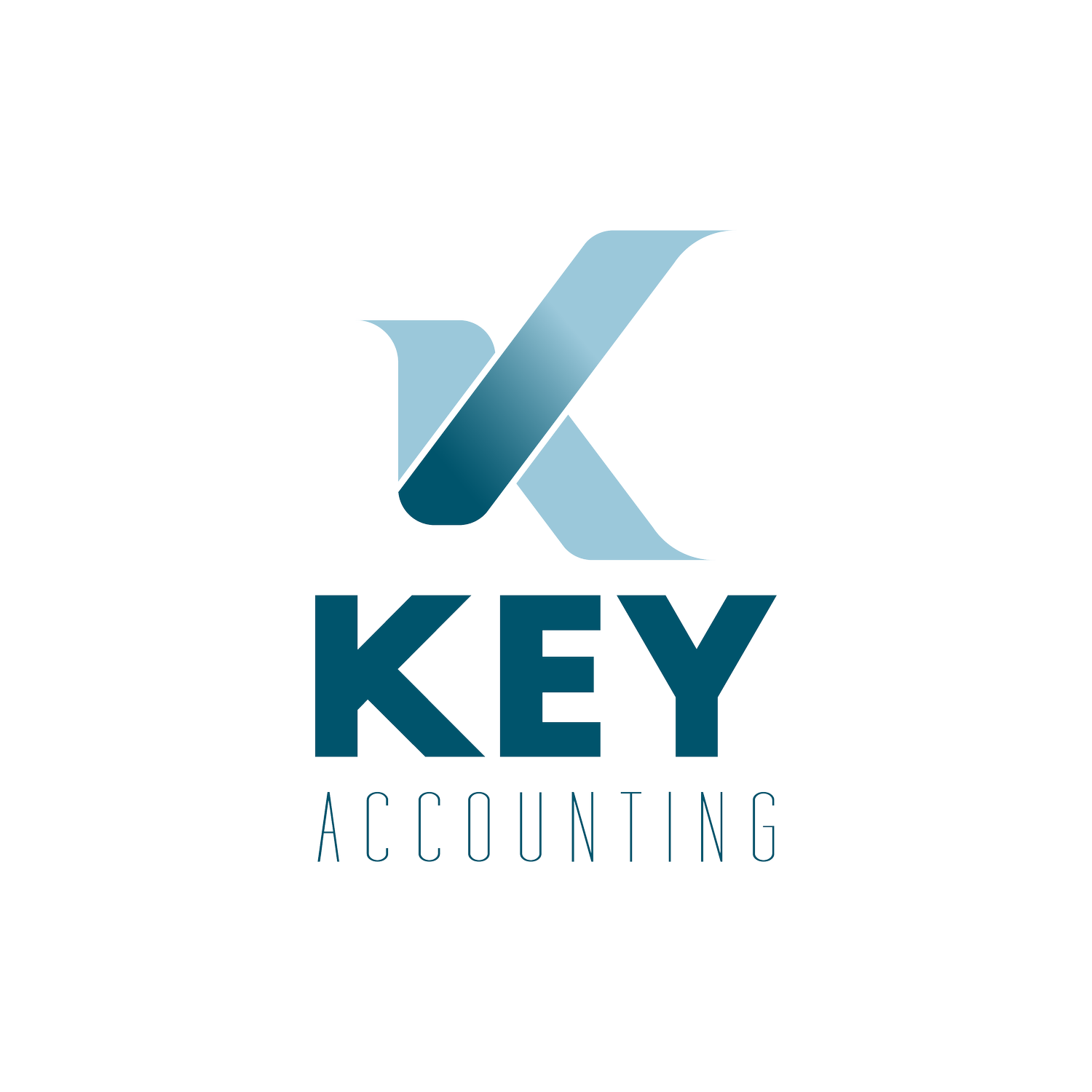What Is an EHR System—And Which One Is Right for Your Therapy Practice?
What Is an EHR System—And Which One Is Right for Your Therapy Practice?
If you're a therapist running your own practice, you've probably heard the term EHR thrown around. But what does it actually mean—and how do you know which one (if any) is right for your business?
Let’s break it down in simple, therapist-friendly terms—especially from the perspective of someone who works behind the scenes on the bookkeeping and admin side of private practice.
🧾 What Is an EHR System?
EHR stands for Electronic Health Record. It’s a software tool that helps you manage your clients and your practice in one secure place.
Depending on the platform, an EHR may include:
Progress notes + treatment plans
Online scheduling + reminders
Secure messaging and client portals
Billing, invoicing, and insurance claim support
Telehealth video sessions
Payment collection + income tracking
What This Blog Does and Doesn’t Cover
As your bookkeeper and systems guide, I’m not evaluating how well these tools handle clinical note-taking or treatment workflows.
My focus is:
✅ How well they support your bookkeeping clarity
✅ How they handle payments, reporting, and admin tasks
✅ Whether they make your life easier—or more chaotic
That said, you’ll also want to consider features like:
HIPAA-compliant notes and telehealth
Ease of use for clients
Scheduling and insurance tools (if applicable)
🔟 Top Client Management Tools for Therapists (from a Bookkeeping Lens)
Here’s a breakdown of 10 therapist-friendly tools, with pros and cons based on what you care about:
1. SimplePractice
💳 Strong payment system with card on file
📈 Solid reporting tools for income and AR
🧾 Supports insurance + superbills
💰 Starts at ~$39/month
✅ Best for: solo or small group practices ready to grow
2. TherapyNotes
🗂 Robust documentation + built-in templates
💳 Secure payments and claims
📊 Strong reporting and billing tools
💰 From $49/month
✅ Best for: therapists using insurance, group practices, or needing structure
3. Jane
✨ Beautiful client experience and polished portal
💳 Built-in payments + flexible intake forms
📊 Clean reporting and business metrics
💰 From $79/month
✅ Best for: therapists who value aesthetics and multi-service options
4. TheraNest
🧾 Appointment reminders, basic billing, and client notes
📊 Simple reports and admin tools
💰 From $39/month
✅ Best for: solo therapists focused on simplicity and cost
5. TheraPlatform
💻 Includes telehealth + documentation
💳 Supports insurance billing
📊 Reporting tools included
💰 From $39/month
✅ Best for: virtual therapists and hybrid practices
6. Sessions
📱 Mobile-friendly and ultra-minimal
💳 Card-on-file payments + clean scheduling
📊 Basic reporting
💰 Free for under 3 clients; paid tiers start ~$39
✅ Best for: new therapists or low-volume solo practices
7. Owl Practice
🔒 Strong on compliance (HIPAA + PIPEDA)
🧾 Offers customizable reports
💰 Pricing varies by features
✅ Best for: therapists in Canada or highly regulated environments
8. Alma
📢 Offers referrals + insurance billing setup
💳 Payments handled by Alma (not you directly)
📉 Reduced income per session due to platform cut
✅ Best for: therapists seeking referrals + insurance help
9. Ivy Pay
💳 Therapist-focused mobile payment tool
📱 No monthly fee—just per-transaction cost
❌ Not a full EHR system
✅ Best for: part-time therapists or supplementing other tools
10. Pocketsuite
💬 Text-based booking and payments
📱 Mobile-first, informal UX
✅ Best for: wellness-adjacent providers or therapy-coach hybrids
🔄 Bonus: DIY Option for Beginners
Some brand-new solo therapists pair Google Workspace + Stripe as a makeshift system. It works short-term but lacks automation, reporting, and security.
🧩 What to Look For (From a Bookkeeping Perspective)
When choosing an EHR, make sure it supports your financial clarity:
Can you automate payments or store cards on file?
Does it give clear monthly and YTD income reports?
Is it HIPAA-compliant for all client interactions?
Can you export data for taxes or your bookkeeper?
Will it reduce your admin time—or create more?
Final Thoughts
You don’t need the “perfect” system—just one that aligns with your practice model, stage, and bandwidth. The right EHR can reduce your admin load, streamline your bookkeeping, and help you protect both your time and your income.
Want Help Choosing a System or Cleaning Up the Books Behind It?
I help therapists create sustainable, stress-free bookkeeping systems—no matter what EHR or tools you’re using.
📬 Want Therapist-Friendly Money Tips in Your Inbox?
Get therapist bookkeeping insights, systems tips, and encouragement—delivered monthly.
Sign up for the newsletter here

